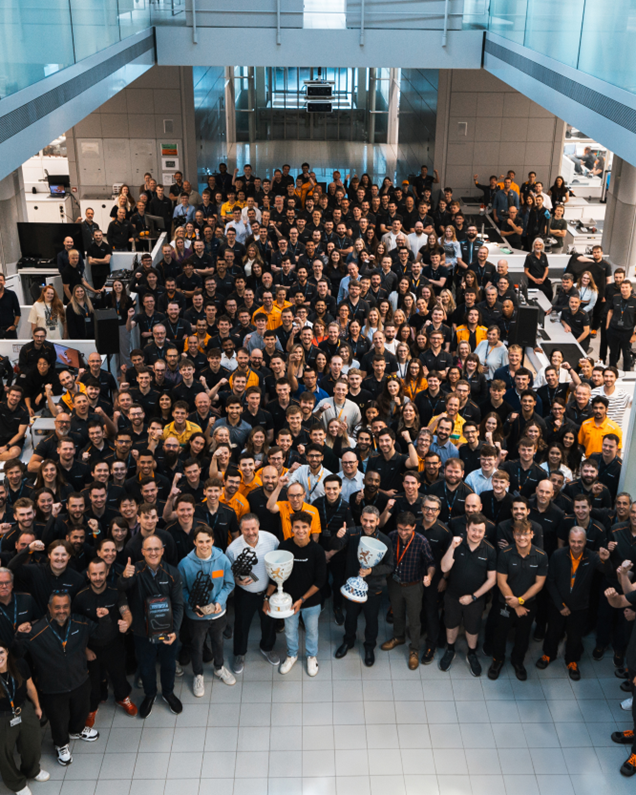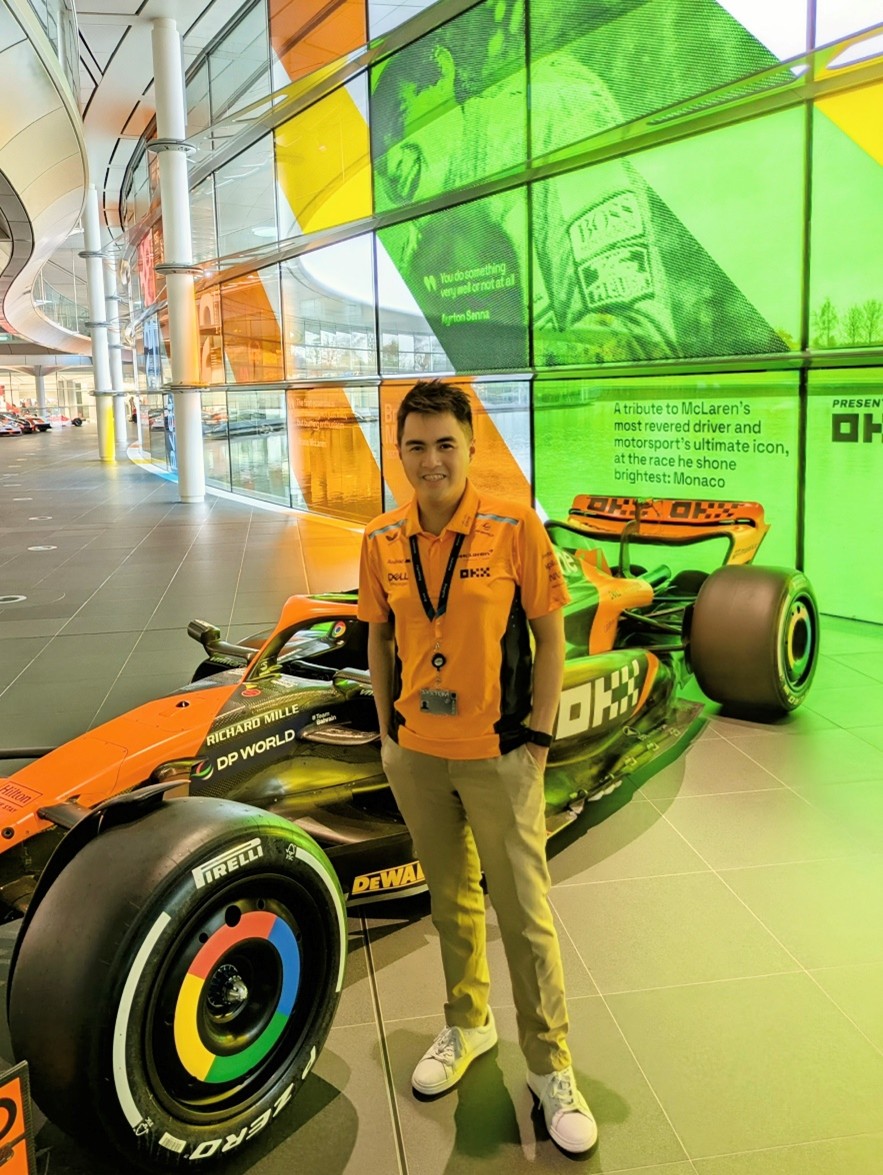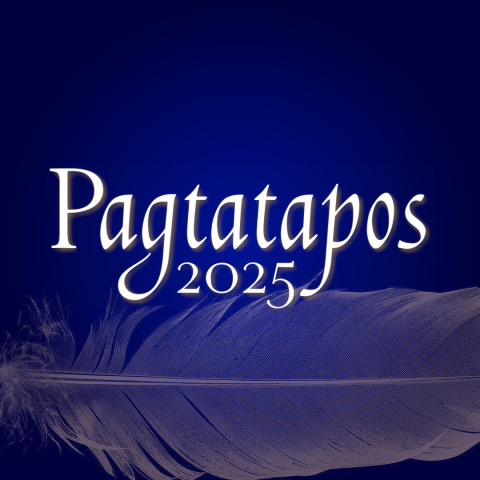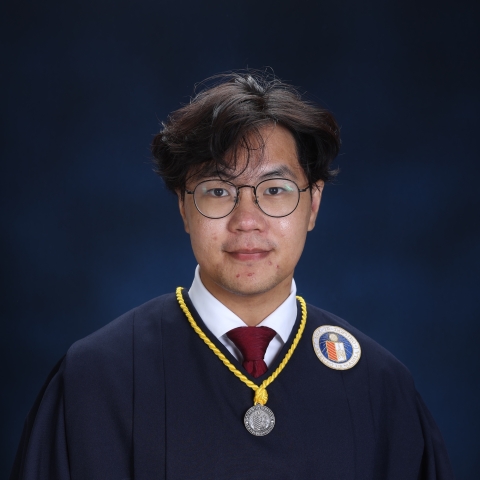From Ateneo to the fast lane: SOSE engineering alumnus collaborates with the McLaren Racing Formula 1 team
20 Jan 2025
Mr Neil Joshua Limbaga (BS Computer Engineering 2023) has taken his engineering expertise from the classrooms of Ateneo to the cutting-edge world of Formula 1. Mr Limbaga is now pursuing his MS/PhD at King Abdullah University of Science and Technology (KAUST) under the guidance of Professor Khaled Nabil Salama.
His research has led him to an extraordinary collaboration with McLaren Racing, through the KAUST-McLaren Partnership, where he applies emerging technologies to address high-performance motorsport challenges. In this collaboration, Mr Limbaga bridges the gap between academia and industry, bringing innovative insights from his research at KAUST to one of the world’s most competitive environments: Formula 1 racing.
“In my time at the Ateneo, with the ECCE department, under the hands-on mentorship of Sir Carlos 'Toto' Oppus and Sir Jose Claro 'Bong' Monje at the Ateneo Embedded Systems Research Lab, I experienced the thrill of bringing theoretical concepts into real-world applications," Mr Limbaga says while looking back on how his undergraduate training prepared him to appreciate emerging technologies and their impact. "It was in this lab that I first encountered the exhilarating — and sometimes frustrating — reality of engineering trade-offs. I learned that while the math behind a design may make perfect sense, the real world is far messier."
"Back in my undergraduate days, our team worked on algorithms that enabled artificial prosthetics to move through brain signals — a project that felt really cool at the time. Now, at the postgraduate and industrial level, it also goes beyond novelty; it’s about making these ideas deployable to a general market. This means that creating real-world solutions goes beyond functionality; it requires balancing priorities and navigating complexities to ensure that cutting-edge technology performs reliably under practical conditions.”
His experience with McLaren has revealed a close connection between academia and the world of Formula 1.
“One of the unique aspects of this collaboration is bridging the gap between academic research and industry applications such as that of high-performance motorsport," he explains. "In academe such as KAUST, the timescales for discoveries are usually seen as long-term ventures as we pursue breakthroughs that have never been achieved before, allowing us to explore new concepts thoroughly."
"In contrast, at McLaren Racing, the pace is fast and dynamic; as the team fights for this season’s constructor’s championship, we’re constantly innovating, with a need for both novelty and immediate impact," Mr Limbaga continues. "The immediacy of McLaren Racing's needs accelerates the research process, transforming academic inquiry into solutions ready for deployment."

"This synergy doesn’t just benefit McLaren — it also advances the academic side of KAUST, giving us deeper insights into how theoretical models function under the extreme conditions unique to Formula 1.”
Mr Limbaga adds that Ignatian spirituality continues to guide and inspire him.
“Like any Atenean, seeking purpose in everything I do — whether in my work or in the relationships I build — is a way of life," he shares. "Rooted in Ignatian spirituality, with its focus on discernment and reflection, has deeply influenced my approach to engineering and research. In a rapidly evolving world where digital technology and artificial intelligence are reshaping industries, this sense of purpose is more important than ever. The humanities play a crucial role here, reminding us that technology is ultimately for human benefit, not just for technical achievement.

“As we face a future shaped by AI and digital infrastructure, ethical questions and social responsibilities inevitably arise," he adds. "Discernment, a core Ignatian value, encourages us to pause, reflect, and ask how our innovations impact society, how they serve others, and what their broader implications might be."
"It’s been over a year since I graduated from Ateneo, and whether I’m curiously seeking scientific insights at KAUST, or invested in McLaren’s fight for the championship this season, I remain drawn back to the beauty of Magis."
Mr Limbaga adds that scientists and engineers have an unprecedented role in shaping society's future through the technologies they create.
"Our generational responsibility is crucial; the innovations we bring to life will define how humanity interacts, thrives, and evolves," he states. "Hence, let us be reminded that our commitment goes beyond technical advancements; our work must ultimately serve a greater good, keeping humanity at the heart, even as we push the boundaries of innovation.”
Guided by Ignatian values from his Ateneo education, Mr Limbaga is not only advancing technology but also ensuring that each project serves a larger purpose, reinforcing his commitment to impactful engineering.

